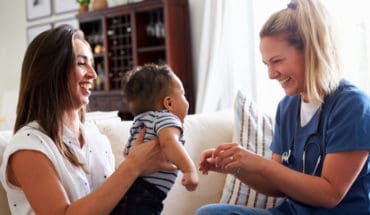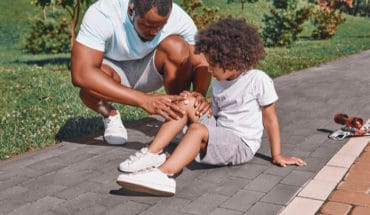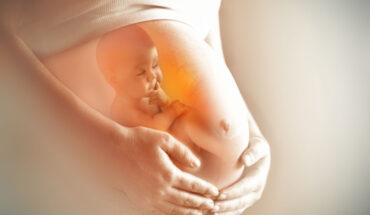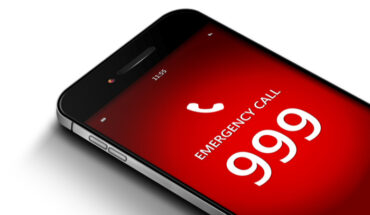Learn First Aid – A New Years Resolution – As the new year kicks off, everyone is once again talking about New Year’s resolutions. This year more than ever before, it is vital to know how to help yourself and others in a medical emergency.
You could be waiting quite some time for an ambulance and what you do in those first vital minutes is critical to someone’s survival. So, why not make this year the year you set a goal that is realistic, achievable, and incredibly valuable? Choose a resolution that benefits not only you but also your family and the broader community. Imagine the satisfaction of checking it off your to-do list! Don’t let yourself be the one regretting that you didn’t know how to help in an emergency.
Why first aid is so essential
Accidental injuries are among the leading causes of death for children over one year old in the UK. In fact, more children die each year as a result of accidents than from illnesses such as leukaemia or meningitis. Shockingly, every year over one million children under 18 visit Accident and Emergency units due to accidents in the home. Yet, only 9% of UK parents feel confident performing first aid on their children. Knowing basic first aid can mean the difference between life and death. It can make a huge difference to the extent of someone’s recovery, the amount of pain they are in and how long they need to be in hospital. Prompt first aid can even mean a child is able to make a full recovery without the need of medical intervention at all.
These facts make it all the more alarming that four out of five parents don’t know basic first aid procedures that could save their child’s life. Every parent should know how to act in an emergency. Accidents happen—it’s a part of life. While most incidents are thankfully minor, being prepared for serious situations is essential.
Ambulance Waiting Times
Ambulance waiting times are increasing, making it even more critical to know first aid. If help can’t arrive as quickly as needed, your ability to perform life-saving actions becomes vital. By learning essential first aid skills, you can confidently manage emergencies while waiting for an ambulance.
The following RoSPA UK statistics make alarming reading:
- 500,000 children need to go to casualty annually after accidents in the home.
- Approximately 6,000 deaths occur each year in the UK due to accidents at home.
- 125,000 children die or are injured in garden accidents.
- 20,000 children end up in casualty departments with burns.
- 5,804 children are injured in road accidents.
- 3,227 children are injured as car passengers.
- 100 children die every year from severe burns.
- 70 children are killed on the roads each week.
Most common emergencies for babies and toddlers:
- Choking
- Burns/scalds
- Head injuries
- Cuts and bruises
- Unconscious or not breathing
Many accidents in and around the home can be prevented. Therefore, by identifying potential hazards and taking basic safety steps, you can reduce risks, keep your children safe, and enjoy greater peace of mind. Children should be free to explore and enjoy their surroundings without being overly restricted. However, it’s vital to take sensible precautions. Learn how to respond to emergencies by enrolling in a first aid course and investing in a high-quality first aid kit. With these measures, you’ll be ready to protect your loved ones while fostering a safe and nurturing environment.
- Gut microbiome could delay onset of type 1 diabetes - 3rd April 2025
- The da Vinci 5 Robot Is Set To Transform Bariatric Care: - 31st March 2025
- Beyond money: the hidden drivers fuelling child food insecurity - 31st March 2025






